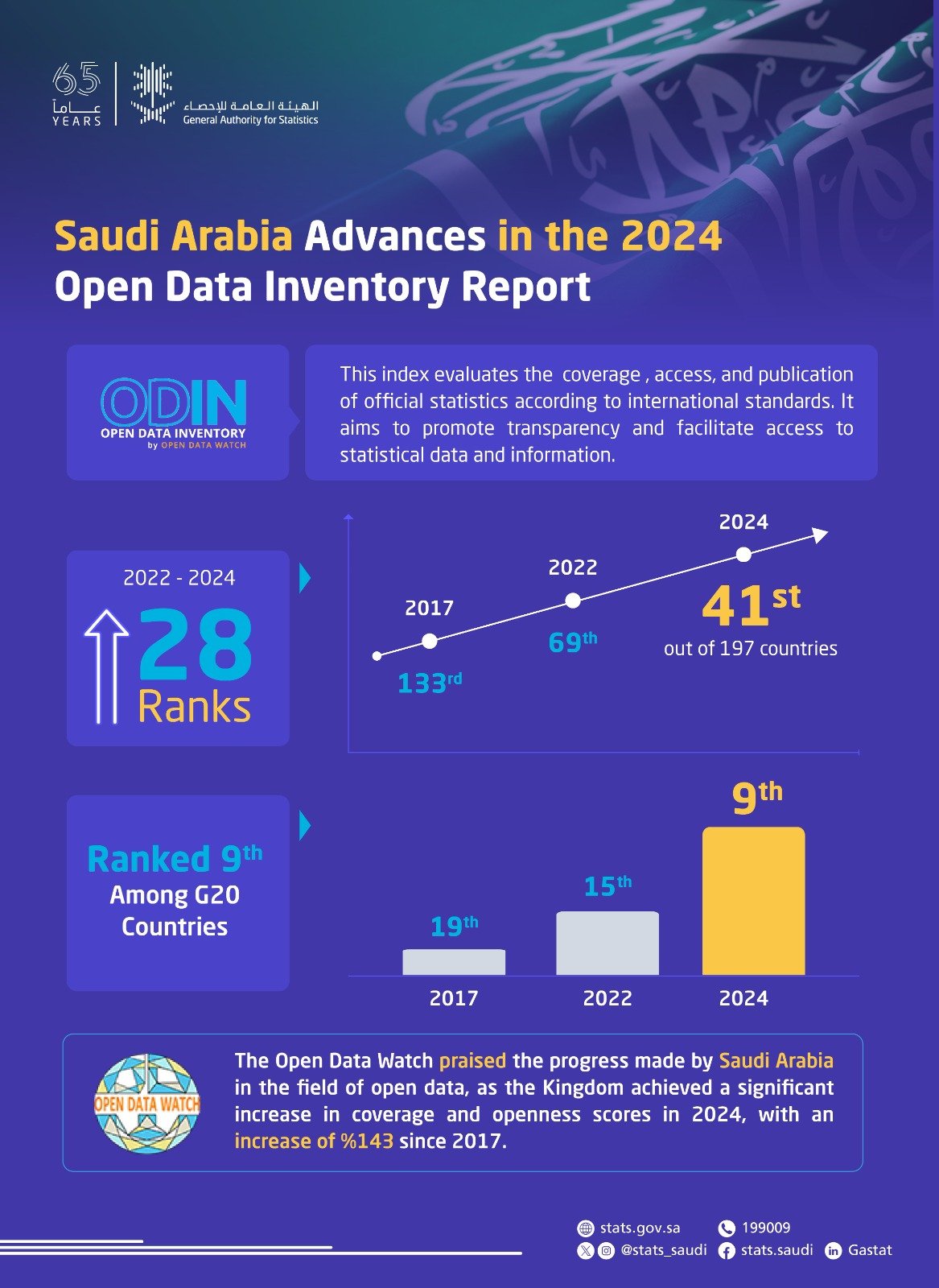Publisher: Maaal International Media Company
License: 465734
US to ban Chinese software in internet-connected cars
اقرأ المزيد
The US Commerce Department is expected to propose on Monday to ban Chinese software and hardware used in internet-connected and self-driving cars, citing national security concerns.
The Biden administration has raised serious concerns about Chinese companies’ data collection on US drivers and infrastructure, as well as potential foreign manipulation of internet-connected vehicles and navigation systems.
The proposed regulation would ban the import and sale of vehicles from China that contain software, networking hardware or automated driving systems, two sources told Reuters, speaking on condition of anonymity because the decision was not disclosed.
The move is a major escalation in US restrictions on Chinese vehicles, software and components. Over the past week, the Biden administration has imposed significant tariff increases on Chinese imports, including a 100% duty on electric vehicles, as well as new tariff increases on electric vehicle batteries and key metals.
Commerce Secretary Gina Raimondo said in May that the risks of using Chinese software or hardware in connected U.S. vehicles are significant, and “you can imagine the catastrophic outcome if you have a few million vehicles on the road and the software is disabled.”
President Joe Biden in February ordered an investigation into whether Chinese vehicle imports pose national security risks to connected car technology, and whether such software and hardware should be banned from all vehicles on U.S. roads.
“China’s policies could flood our market with their vehicles, posing national security risks, and I will not allow that to happen in my state,” Biden said earlier.
The Commerce Department plans to give the public 30 days to comment before finalizing the new rules, the two sources said.
The vast majority of modern vehicles on U.S. roads are “connected,” meaning they have hardware that connects to the internet, allowing them to share data with devices inside and outside the car.
The department plans to impose the ban on software used in 2027 model-year vehicles, with the hardware ban taking effect in January 2029 or 2030 models.
The bans would include Bluetooth devices, satellite and wireless connectivity software, as well as self-driving vehicle systems.
In November, U.S. lawmakers from both parties sounded the alarm about Chinese auto and technology companies collecting and processing sensitive data while testing self-driving vehicles in the United States.
The ban would extend to other adversaries, including Russia, the two sources said.
A trade group representing major automakers including General Motors, Toyota Motor Corp., Volkswagen AG, Hyundai Motor Co. and others warned that changing the hardware and software supply chain would take time.
The automakers noted that their systems “subject to extensive pre-production testing, engineering, design and verification processes, and generally cannot be easily replaced with systems or components from a different supplier.”
The Commerce Department declined to comment on Saturday.
Reuters first reported details of a plan that would severely limit Chinese companies’ involvement in autos in early August. The new rules would apply to all vehicles on U.S. roads, but not to agricultural or mining vehicles, the sources said.









